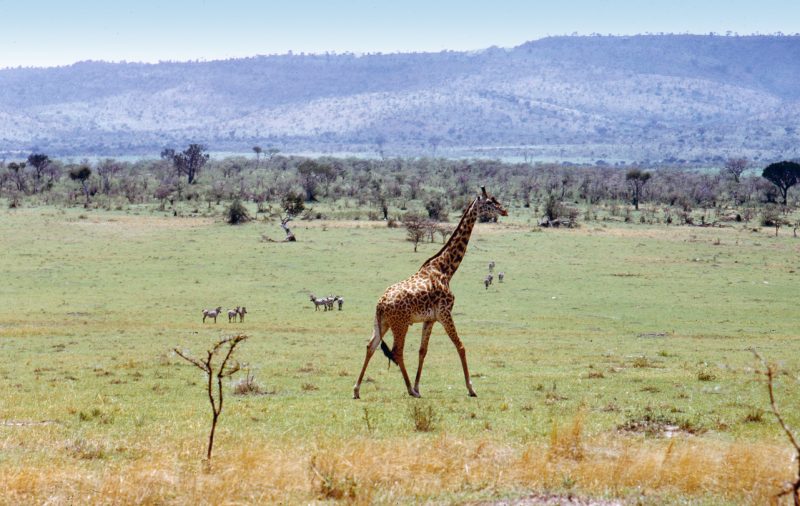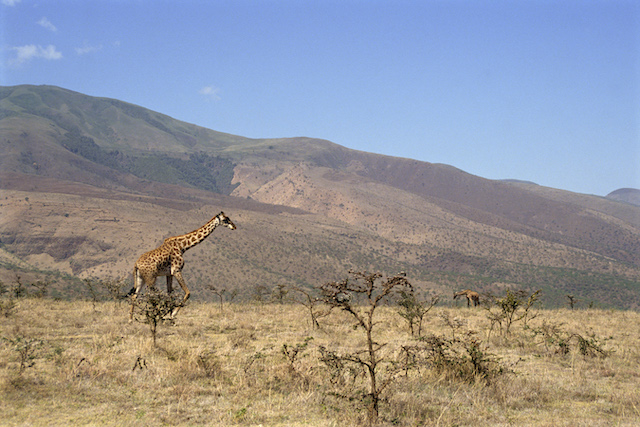Your Game Drive To Maasai Mara
Embarking on a game drive to Maasai Mara is an exciting way to witness the breath taking beauty of Kenya’s wild life. However, many visitors may be unaware of the negative consequences of feeding wild life during their safari experience. While it may seem kind, feeding animals can lead to a range of effects that can disrupt the natural eco system and risk both animal welfare and visitor safety. This article delves into the critical reasons why feeding wild life is harmful, especially in the context of a game drive to Maasai Mara.
Game drive to Maasai Mara
Before talking about the effects of feeding wild life while on a game drive to Maasai Mara, it is important to understand the balance of the Maasai Mara eco system. The reserve is home to a diverse array of species, each playing a vital role in harmony. Every animal gives to the food chain and the health of the environment.
Nature of wild life
Wild animals have evolved to thrive in their natural abode, relying on learned system to find food, shelter, and mates. These are vital for their survival and the health of the eco system. When humans interfere by feeding, it cedes these natural systems and can lead to long-term consequences.
Detrimental effects
-
- Dependency on human food: One of the most significant consequences of feeding wildlife is the development of dependency. When animals begin to link humans with food, they may lose their natural systems. In the long term, this can lead them to rely on human beings for food sources, which is dangerous.
- Altered natural behaviours: Feeding wildlife alters their natural behaviours, leading to potential problems. Animals that become used to human food may start to venture closer to roads and human homes, leading to the likelihood of clash between humans and animals. This change can risk their safety.
- Health issues: Feeding wildlife can introduce unhealthy food options into their diets. Human food often lacks the necessary things that animals need to thrive, leading to various health problems. Foods that are safe for humans can be harmful or even toxic to wild life, leading to illness or death.
- Increased aggression and competition: When food is readily available from human sources, it can lead to increased competition among animals. This competition can result in aggressive behaviors, as animals fight for limited food resources. This can lead to injuries and stress.
- Disruption of the food chain: Feeding wildlife can disrupt the natural food chain. For example, when they are fed, their population may increase beyond what the environment can support. This can lead to over grazing, which in turn affects the habitat and other species that depend on that ecosystem.
- Disease transmission: Feeding wildlife can facilitate the spread of diseases among animals. Close proximity to humans and other animals increases the risk of disease transmission, particularly when animals congregate around feeding areas. This can have devastating effects on local populations, especially for species already at risk.
- Safety risks for humans: Feeding wildlife poses safety risks for visitors. Animals that have been fed by humans can become aggressive in their search for food, leading to dangerous encounters. In particular, large animals such as elephants and hippos can pose significant threats if they feel threatened or are searching for food.
- Impact on local communities: The practice of feeding wildlife can also negatively impact local communities. When animals become dependent on human food, they may venture into villages and farms, leading to crop damage and livestock predation. This creates conflicts between wildlife and humans, undermining conservation efforts.
- Long-term ecological consequences: The long-term ecological consequences of feeding wildlife can be severe. Changes in animal behavior, population dynamics, and health can alter the delicate balance of the ecosystem. As species interact differently, the entire ecosystem can be thrown out of equilibrium, leading to unforeseen consequences.
Ethical considerations
Feeding wildlife raises ethical questions about our responsibility toward nature. As visitors to Maasai Mara, it is crucial to recognize that we are guests in the animals’ habitat. Our role should be one of respect and preservation, rather than interference.
Promoting responsible wildlife viewing
Instead of feeding wildlife, visitors should focus on responsible wildlife viewing. This includes maintaining a safe distance from animals, respecting their natural behaviors, and following the guidelines set by park authorities and tour operators. Engaging with wildlife in a way that respects their space and natural behaviours contributes to their well-being and helps maintain ecological balance.
Alternatives to feeding wildlife
While the desire to help wildlife can be well-intentioned, there are far better ways to contribute positively to conservation efforts during your game drive to Maasai Mara.
- Support conservation programs: Consider supporting local conservation programs that work to protect wildlife and their habitats. Many organizations focus on habitat preservation, anti-poaching efforts, and community education. Your contributions can make a significant difference in safeguarding these ecosystems.
- Educate yourself and others: Take the time to educate yourself about the wildlife and ecosystems of Maasai Mara. Understanding the complexities of these systems enhances your appreciation for the environment and can empower you to share this knowledge with others, promoting responsible behaviour among fellow travellers.
- Participate in eco-friendly tourism: Choose eco-friendly tour operators that prioritise responsible wildlife viewing and conservation. Look for companies that have initiatives in place to minimise their environmental impact and support local communities.
- Engage with local communities: Many local communities offer cultural experiences that promote understanding and respect for wildlife. Engaging with these communities can provide valuable insights into the importance of conservation and the role of wildlife in their lives.
Do not feed wildlife
A game drive to Maasai Mara offers a remarkable opportunity to witness some of the world’s most iconic wildlife in their natural habitat. However, feeding wildlife poses serious risks that can undermine conservation efforts and harm animal populations. Therefore, by understanding the detrimental effects of feeding wildlife, you can play a role in preserving the delicate balance of this remarkable ecosystem.
As responsible visitors, it is our duty to appreciate and respect the natural world without interfering in its processes. Accordingly, by promoting responsible wildlife viewing, supporting conservation programs, and meeting with local people, we can ensure that future generations also have the opportunity to experience the wonders of Maasai Mara. Therefore, embrace the beauty of this incredible reserve, and remember that true awe for wild life lies in watching their natural manners.





